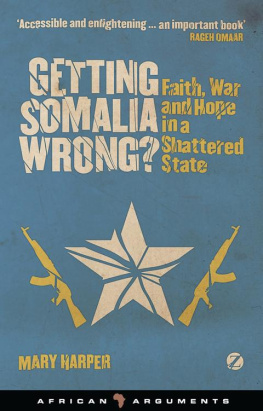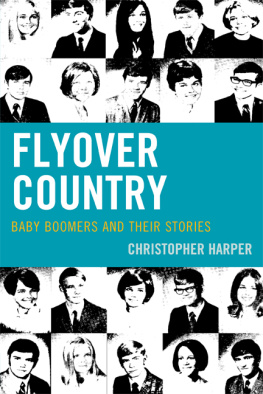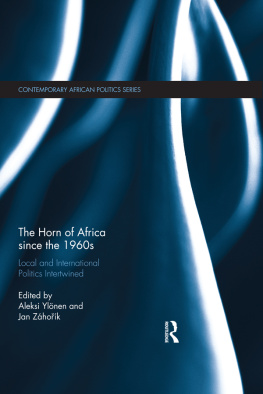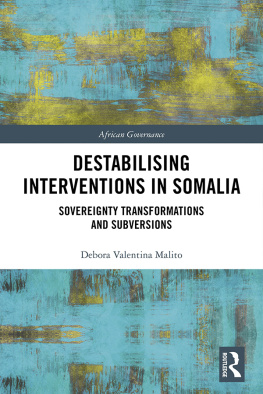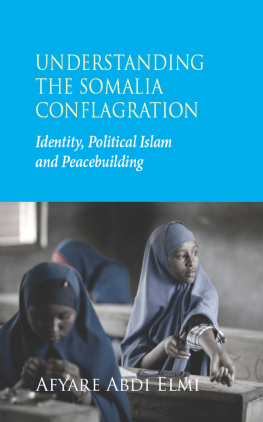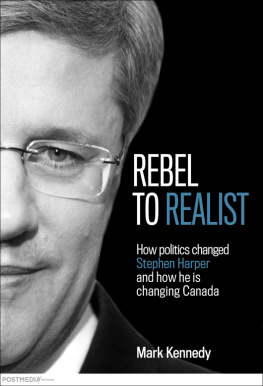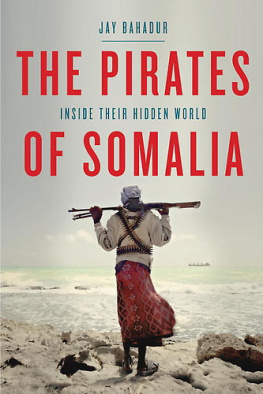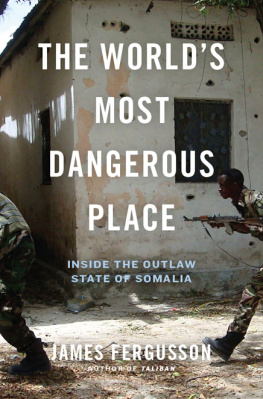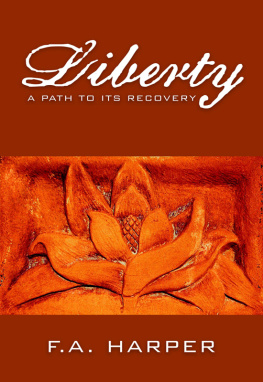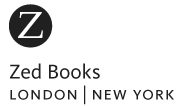African Arguments
African Arguments is a series of short books about Africa today. Aimed at the growing number of students and general readers who want to know more about the continent, these books highlight many of the longer-term strategic as well as immediate political issues. They will get to the heart of why Africa is the way it is and how it is changing. The books are scholarly but engaged, substantive as well as topical.
Series editors
ALEX DE WAAL , Social Science Research Council
RICHARD DOWDEN , Executive Director, Royal African Society
Editorial board
EMMANUEL AKYEAMPONG , Harvard University
TIM ALLEN , London School of Economics and Political Science
AKWE AMOSU , Open Society Institute
BREYTEN BREYTENBACH , Gore Institute
CRAIG CALHOUN , Social Science Research Council
PETER DA COSTA , journalist and development specialist
WILLIAM GUMEDE , journalist and author
ALCINDA HONWANA , Open University
ABDUL MOHAMMED , InterAfrica Group
ROBERT MOLTENO , editor and publisher
Titles already published
Alex de Waal, AIDS and Power: Why There is No Political Crisis Yet
Raymond W. Copson, The United States in Africa: Bush Policy and Beyond
Chris Alden, China in Africa
Tom Porteous, Britain in Africa
Julie Flint and Alex de Waal, Darfur: A New History of a Long War , revised and updated edition
Jonathan Glennie, The Trouble with Aid: Why Less Could Mean More for Africa
Peter Uvin, Life after Violence: A Peoples Story of Burundi
Bronwen Manby, Struggles for Citizenship in Africa
Camilla Toulmin, Climate Change in Africa
Orla Ryan, Chocolate Nations: Living and Dying for Chocolate in West Africa
Theodore Trefon, Congo Masquerade: The Political Culture of Aid Inefficiency and Reform Failure
Lonce Ndikumana and James Boyce, Africas Odious Debts: How Foreign Loans and Capital Flight Bled a Continent
Mary Harper, Getting Somalia Wrong? Faith, War and Hope in a Shattered State
Forthcoming
Gerard McCann, India and Africa Old Friends, New Game
Gernot Klantschnig and Neil Carrier, Africa and the War on Drugs: Narcotics in Sub-Saharan Africa
Tim Allen, Trial Justice: The Lords Resistance Army, Sudan and the International Criminal Court , revised and updated edition
Published by Zed Books with the support of the following organizations:
International African Institute The International African Institutes principal aim is to promote scholarly understanding of Africa, notably its changing societies, cultures and languages. Founded in 1926 and based in London, it supports a range of seminars and publications including the journal Africa .
Royal African Society Now more than a hundred years old, the Royal African Society today is Britains leading organization promoting Africas cause. Through its journal, African Affairs , and by organizing meetings, discussions and other activities, the society strengthens links between Africa and Britain and encourages understanding of Africa and its relations with the rest of the world.
Social Science Research Council The Social Science Research Council brings much-needed expert knowledge to public issues. Founded in 1923 and based in New York, it brings together researchers, practitioners and policy-makers in every continent.
About the author
Mary Harper is a BBC journalist specializing in Africa. She has reported from Somalia since the outbreak of civil war in 1991 and from other conflict zones in Africa. She has written for several publications, including the Economist , The Times and the Washington Post . She has degrees from Cambridge University and the School of Oriental and African Studies in London.
GETTING SOMALIA WRONG?
FAITH, WAR AND HOPE IN A SHATTERED STATE
Mary Harper
in association with
International African Institute
Royal African Society
Social Science Research Council
Getting Somalia wrong? Faith, war and hope in a shattered state was first published in association with the International African Institute, the Royal African Society and the Social Science Research Council in 2012 by Zed Books Ltd, 7 Cynthia Street, London NI 9JF, UK and Room 400, 175 Fifth Avenue, New York, NY 10010, USA
www.zedbooks.co.uk
www.internationalafricaninstitute.org
www.royalafricansociety.org
www.ssrc.org
Copyright Mary Harper 2012
The right of Mary Harper to be identified as the author of this work has been asserted by her in accordance with the Copyright, Designs and Patents Act 1988
Set in Monotype Plantin and FontFont Kievit by Ewan Smith, London
Index:
Cover designed by Rogue Four Design
All rights reserved. No part of this publication may be reproduced, stored in a retrieval system or transmitted in any form or by any means, electronic, mechanical, photocopying or otherwise, without the prior permission of Zed Books Ltd.
A catalogue record for this book is available from the British Library Library of Congress Cataloging in Publication Data available
ISBN 978 1 78032 105 9 epub
CONTENTS
ILLUSTRATIONS
Maps
Figure
Photographs
ACKNOWLEDGEMENTS
This book is in many ways the combined efforts of several people. Mohamed Adde of the BBC Somali service gave generously of his time, his knowledge and his contacts; I could not have written this book without him. The same can be said for my colleague, Mohamed Moalimuu, in Mogadishu. Stephanie Kitchen believed in me from the start, and gave me constant reassurance and encouragement. Thank you too to my other editors, Ken Barlow, Alex de Waal, Richard Dowden and Robert Molteno. My colleagues and friends at the BBC Somali service, past and present, have taught me so much. They are too many to list individually, but I would like to give special mention to Ahmed Said Egeh, Abdullahi Haji, Yusuf Hassan, Bashkas Jugsodaay, Yonis Nur, Yusuf Garaad Omar, Abdirazak Haji Mohamed Sirad and Hussein Aw Jama Jibril Xagar. I would also like to thank Mohammed Adow, Abdirashid Duale, Abdulkader Hashi Elmi, Abdullah Farah, Julie Flint, Sally Healy, Ian Hoare, Karen OBrien and James Wylie. My greatest thanks are to my family. To my mother, Gay Harper, for introducing me to Somalia in the first place when she worked as a nurse in Mogadishu during the worst of the fighting in the early 1990s. To my father, Malcolm Harper, who is a constant inspiration, if exacting taskmaster. To my brother and sisters, and most of all to my children, Johnny and Antonia, who have had to put up for far too long with a mother distracted with matters Somali.
AUTHORS NOTE
As a journalist who has followed events in Somalia for the past two decades, I have had the privilege of meeting and learning from people at every level of Somali society, from presidents to pirates, from millionaire businessmen to those who have lost everything. It would have been impossible for me to do my work without these people, some of whom have put their lives or livelihoods at risk by speaking to me. I rely for much of my work on the brave Somali journalists, who live in dangerous places and speak to me almost daily about what is happening. From time to time, they call me in great excitement to tell me there has been no fighting that day, something so unusual that, for them, it is news. Some of these journalists have been forced into exile; others have lost their lives.

